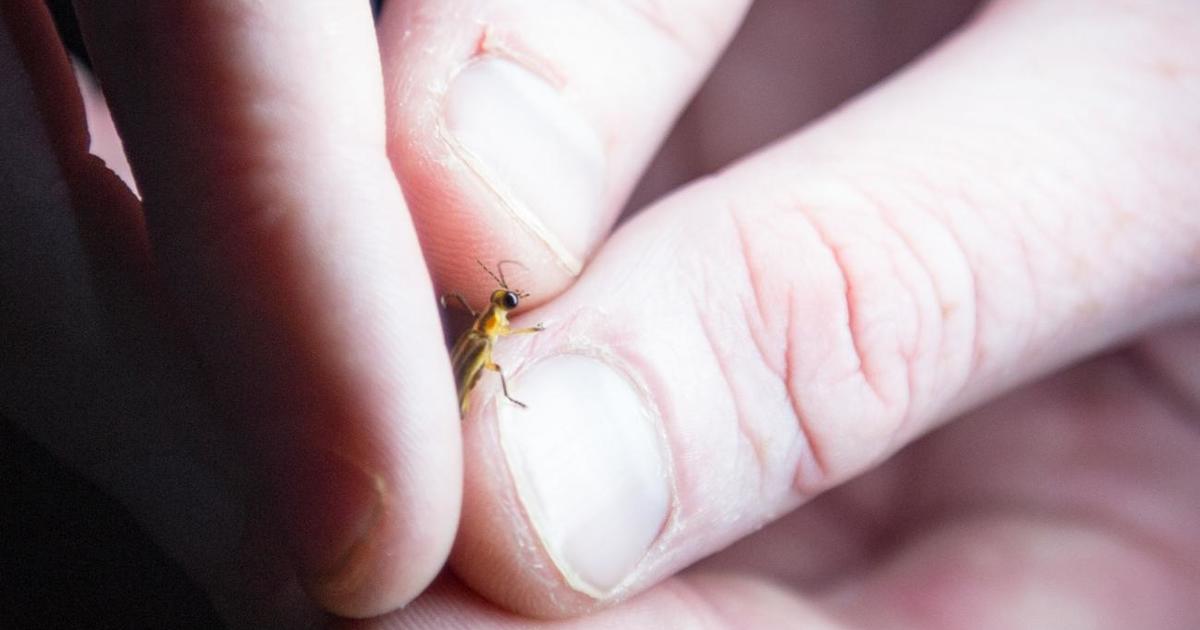
Bethany Beach firefly could be first lightning bug added to federal endangered species list

The Bethany Beach firefly is in danger of flickering out and becoming endangered, the U.S. Fish and Wildlife Service said Monday.
The firefly, found in coastal Delaware, Maryland and Virginia, is one of around 170 firefly species in the U.S. The species is already considered critically endangered by the International Union for Conservation of Nature and the Fish and Wildlife Service said it’s under consideration for listing under the Endangered Species Act.
It’s the first firefly species to be considered for protections under the act, according to a Fish and Wildlife Service spokesperson. If the species is listed, then federal agencies will be required to ensure their actions are unlikely to jeopardize the Bethany Beach firefly.
Light pollution is a threat for a variety of fireflies because it can prevent male and female fireflies from finding each other so they can mate, reducing the population of the future generations of fireflies.
“Love can be hard to find for even the brightest of fireflies,” according to the Fish and Wildlife Service. “Even the interfering light of a full moon can outshine their visual morse code, making it impossible for males and females to recognize each other. Light pollution from towns, factories and roads have been seriously killing the buzz for these insects”
Candace Fallon, senior conservation biologist at the Xerces Society for Invertebrate Conservation, advises being conscientious of fireflies when taking care of lawns. She previously told CBS News that she suggests mowing less often or leaving the grass taller as a way to protect fireflies.
The advice applies year round, not just in the spring and summer when flashes of light are visible.
“So many just people just think about fireflies when they’re these flashing adults for a few weeks in the summer, but the reality is that they’re present all year long, we’re just not noticing them or seeing them,” Fallon said.
Aliza Chasan
Source: cbsnews.com